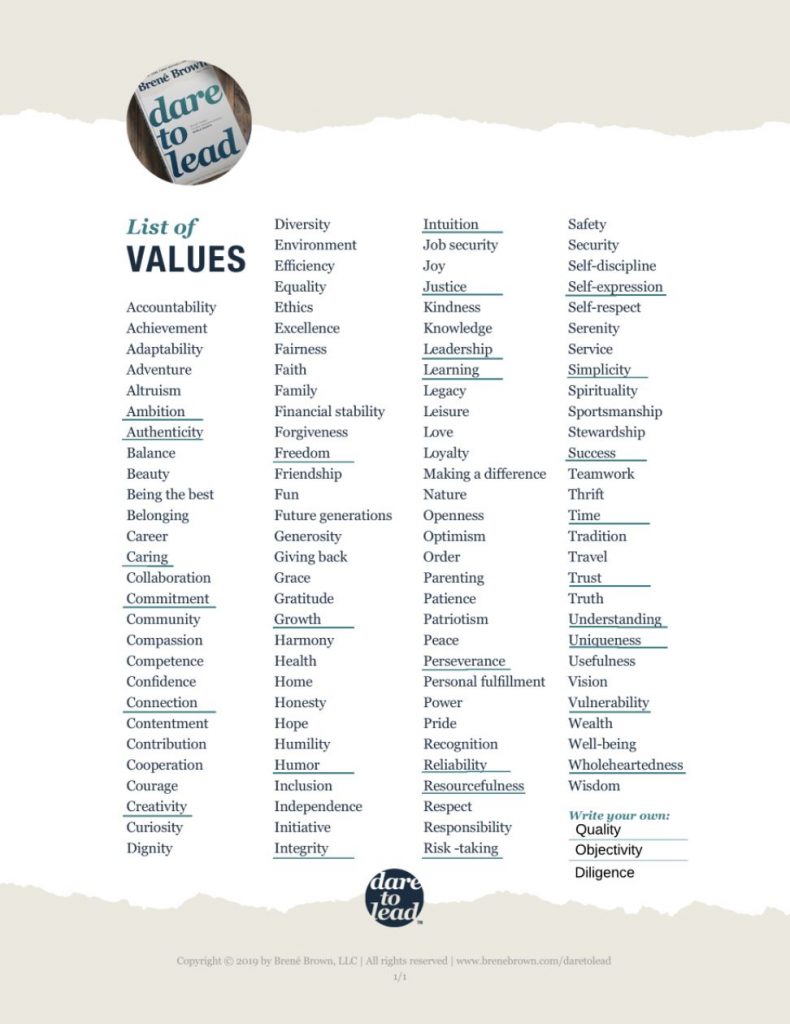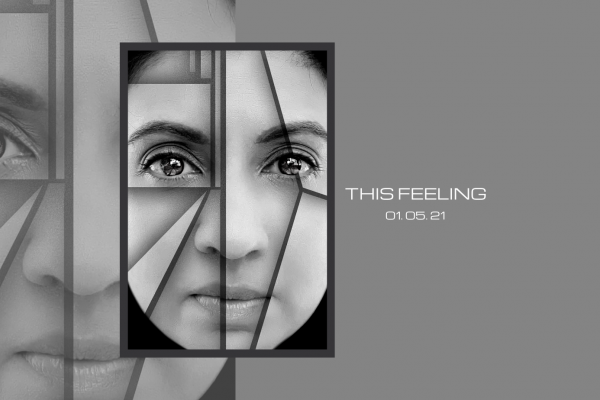There has been a lot of awareness surrounding the idea of Values and the role that it plays in managing one’s mental health. In my previous post, I wrote about why figuring out my Values, my North star, if you will, has helped me manage difficult people and situations. Mostly. I am not completely there yet.
But figuring out what is important to you is easier said than done. I think the biggest hurdle to recognising your true Values is all the unnecessary noise and expectations that surround us when we are trying to work them out.
Values are not based on obligations or what others say. They are yours, and as difficult as it may be to go against the grain of what is expected, whether by family, friends or the community, following your Values is the truest way to be at peace with yourself.
Values vs Goals.
1. Values are long-term. They are a belief system. They guide our reactions and actions. Goals are short-term.
2. Values are usually abstract and vague. Goals are specific and have metrics such as timelines associated with them.
3. Values do not have an end, there is no single thing you can do that will cross, say, Open-mindedness, off your list. Goals can be completed.
4. Values guide you towards meaningful opportunities. As for Goals, you might end up meeting them but not be fully content.
List of Values.
So in order to start thinking about what our Values are, I thought I’d share this list of Values as compiled by Brené Brown, best-selling author on topics such as Courage and Vulnerability. This is from her book Dare to Lead. There are many such lists you can find online, but I am simply using this to get us started.



So, let’s get started!
At first, you’d probably go through a list such as this and find many that call out to you. It’s probably going to be easy to filter down to 10 Values.
But, when you are facing difficult situations, it is going to be really hard to focus and decide on what to do when you’ve got to run through a list of 10 Values.
So, we need to cut it down. And this is where it gets really hard. It can take time, but it’s worth it.
- You can start by thinking of the moments when you were faced with a difficult situation. What did you end up doing and why? Which Value guided you?
- You can also do the same with moments when you felt fulfilled, happy. Again, what were you doing, and why? Which Value do you think you were meeting?
- You can reflect on the best and worst choices you have made, and explore why you made those choices. What is the underlying Value for your choices?
- Really think about each Value you have identified. Are they truly yours or are they a result of external influences?
- By now, maybe you have shortlisted to, say, 5 Values. You can take the time over the next few weeks to observe your behaviour and reactions along the way and consciously think about whether they match up to what you have identified as your Values.
My work-in-progress:
At the end of the day, don’t stress it. Determining your Values is a long work-in-progress. I’m still fine-tuning mine. Just look at my previous article, where I had listed Integrity, Creativity and Personal Growth. Reflecting further over the past two weeks, I realise that Well-being is actually the main driver for me now. And yesterday, as I reflected even further, I started considering Authenticity, Balance and Kindness as possible Values too.
So yes, I am still working on it, but these Values that I have identified for myself are already helping me. 🙂





